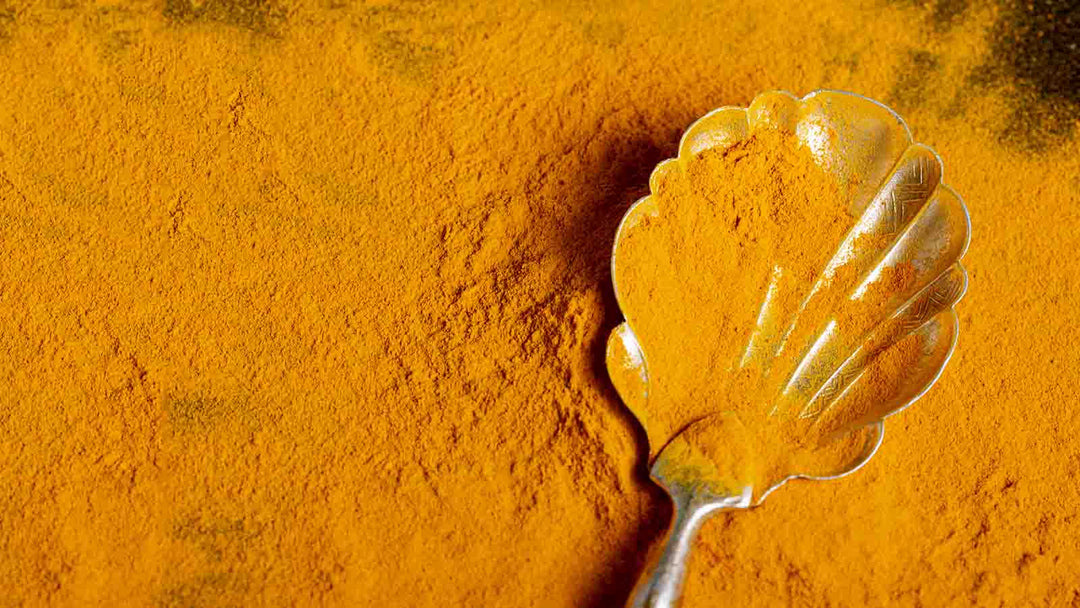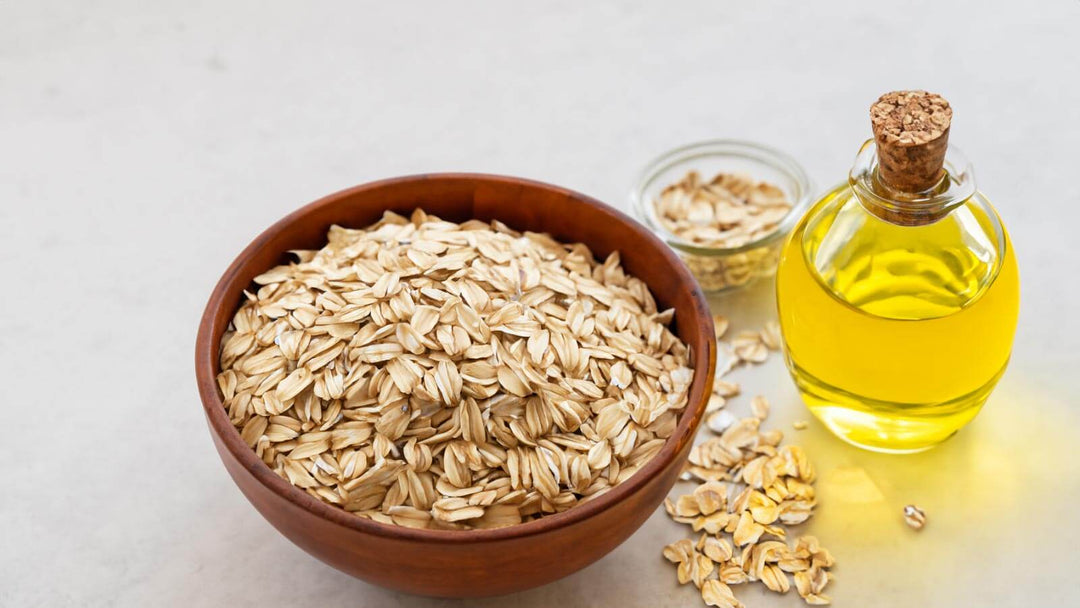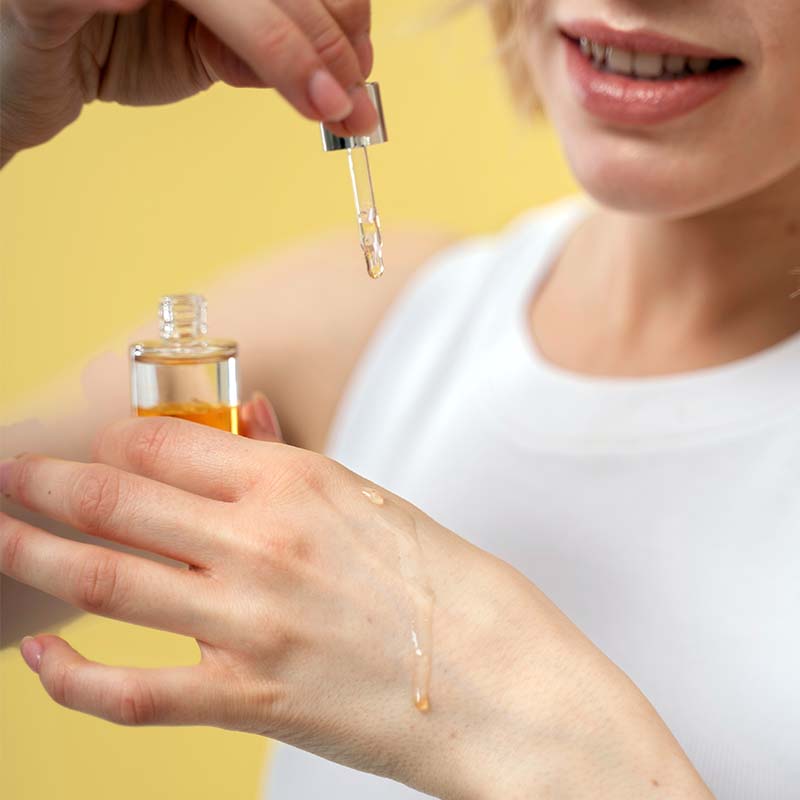There is no official diet for psoriasis, but it’s been found that certain foods help reduce flare-ups. Changing your diet might help you alter the way your symptoms present themselves. This is because psoriasis is characterised by inflammation.
As such, if you can change the way you eat to reduce inflammation, you can reduce your symptoms. Avoiding foods that cause flare-ups may even improve other parts of your skin.

Psoriasis Foods to Avoid and Reduce Flare-Ups
Certain foods on this list are said to reduce psoriasis flare-ups. There are no official studies conducted to confirm some of them, but the advice to avoid them comes from multiple observations from medical professionals. Other foods on the list are known to have inflammatory properties, which can naturally impact the way your condition reacts.
Let's take a look at the foods that may trigger psoriasis:
Processed foods
Any kind of processed food, such as fast food burgers and canned goods, should be avoided. This is because processed food contains a great deal of trans fats and refined sugars. These two ingredients are known to cause inflammation.
In particular, trans fats won’t just trigger psoriasis flare-ups - they can also promote acne. Giving up processed foods may be difficult, but it can improve your skin condition all over.
Psoriasis is caused by an unbalanced immune system. It’s a known fact that processed food is so unhealthy that it can actually disrupt our immune system, especially if there’s weight gain. An already unbalanced immune system cannot benefit from foods that cause further unbalance.
Alcohol
Many people drink alcohol because it helps them to relax and loosen up. Do you know what else alcohol loosens up? Your blood cells!
When your blood cells loosen up, it’s easier for them to travel to the outer layers of your skin and trigger a flare-up. Even moderate alcohol use causes this, so it’s best to go completely sober if you want to get rid of bad psoriasis flare-ups altogether.
Red meat
Meat contains fat that is considered healthier than trans fats. However, red meat also contains a special kind of fat known as arachidonic acid. This causes severe inflammation and is to be avoided if you have constant flare-ups. Out of all the inflammatory red meats, beef is the worst offender.
Citrus fruits
Citrus fruits are potential triggers if you have a citrus allergy. Even if it’s a subtle allergy that doesn’t present other symptoms, it could be enough to trigger a psoriasis flare-up.
The reason citrus fruit allergies are a concern (and not other foods that people can be allergic to, like peanuts) is because citrus fruit allergies are more uncommon. When people know they are allergic to a certain food, they rarely have trouble avoiding it. However, allergies against citrus fruit can be extremely subtle. They may be enough to trigger a psoriasis flare-up, while not triggering other symptoms, allowing it to go undetected.
Sodium
High sodium intake is associated with inflammation. You may find studies online stating that sea salt actually helps reduce inflammation, but you need to remember that this is true only in moderation.
Even if you cook healthy meals at home, if they contain a lot of salt, it could trigger psoriasis flare-ups. The recommended daily sodium intake is 2,300 mg. However, if you can reduce your intake a little more than that, it should help.
Dairy products
Dairy products contain the same arachidonic acid as red meat. Avoid eggs and milk as much as you can. Although eggs contain omega-3 fatty acids that are anti-inflammatory, there are other, healthier ways to consume this fatty acid.
Coffee
Coffee is said to reduce inflammation in some people, but it’s also known to increase inflammation in others. Everyone is different, and you never quite know how coffee affects you until you exclude it from your diet. As such, try to eliminate your coffee intake completely and see how it affects your system personally.
Nightshade plants
Nightshade plants are a family of plants that contain solanine. Solanine is a poisonous compound that is reported to cause inflammation. Some nightshade plants to avoid are potatoes, tomatoes, peppers, and eggplants.
Always speak to your doctor before changing your diet, especially if it’s for medical purposes. Initially, cutting off so many different products from your diet may appear daunting.
Just remember that you don’t need to erase everything on this list to reduce flare-ups. That’s because everyone has different triggers. Experiment with different diets to see what triggers your flare-ups and what doesn’t.

Foods and Products That Reduce Psoriasis Flare-Ups
Although there is no official psoriasis diet, there are certain foods that can help reduce flare-ups. For example, fruits and vegetables are highly recommended to all those that wish to reduce any kind of inflammation.
Fish products also help, because they contain omega 3 fatty acids, which have proven anti-inflammatory properties. If you’re upset about having to give up red meat to reduce inflammation, replace it with salmon, sardines, and cod.
You can also use healthy oils that contain anti-inflammatory fatty acids. Healthy oils to cook with include:
- Olive oil
- Coconut oil
- Safflower oil
Likewise, you can use skincare products that have healthy oils. They can provide external relief when you have psoriasis flare-ups by hydrating your skin, providing protection, and reducing irritation. Notable ingredients you should look for in skincare products are:
- Avocado oil
- Broccoli seed oil
- Oat oil
- Turmeric oil
- Carrot tissue oil
- Rosehip oil
What If My Diet Doesn’t Change Anything?
You can change your diet and eat healthier, but that doesn’t guarantee that your psoriasis symptoms will go away completely. Aside from eating healthy, you may also need to alter other things in your life in order to see some improvement.
Dermatologists recommend that you avoid stress, smoking, and skin injuries to reduce psoriasis flare-ups. You should also take your medication and use high-quality skin moisturisers. It doesn’t matter how many inflammatory foods you avoid; if you don’t change your habits, your flare-ups may continue.







